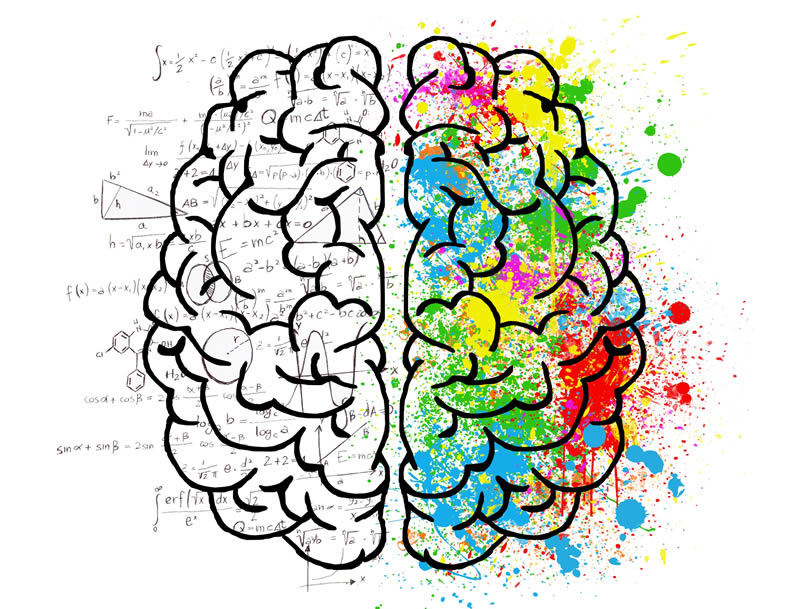Brain health and cognitive function
Alongside all the complex thoughts, calculations and control of most body functions, your brain is a sea of electric charges, rich with memories, emotions, dreams, and desires. It controls how you perceive the world, taste your food, hear sounds, smell and absorb the world around you. It’s easy to take your brain for granted, until it starts to falter.
Diet, exercise and lifestyle affects our brain in many ways.
- Dietary factors are a powerful means to influence brain function on a daily basis.
- The action of exercise on cognitive function has been shown by studies that exercise enhances learning and memory.

Exercise and the brain
Exercise has mostly been promoted as a way for people to lose weight and to improve cardiovascular health and physical fitness. Yet research has not found exercise to be an effective way to lose weight. Exercise is good for the body if it's done on a sustained basis. Exercise needs to become a daily habit.
Exercise is good for the brain and your mental health. The impact of exercise on brain health is greater than anyone could imagine. Your brain's key role is to produce complex movements that adapt to your environment. Like most animals, this is mainly because we need to gather food and escape predators. A big active brain isn’t necessary if there isn't the need to move around much. Koalas are a perfect example of the opposite effect because they evolved with a small brain because they eat one type of food and are completely sedentary. Movement and exercise promote brain activity and learning.
Exercise primes the brain to learn faster. Exercise is associated with improvements in attention and processing speed, executive function, and memory. The key to this is a neurotransmitter called Brain-Derived Neurotrophic Factor (BDNF). BDNF is what allows our brains to change as we learn new things.
- BDNF is what allows our brains to change as we learn new things.
- BDNF is what causes neurons to grow new branches and form new connections in the brain.
- The best way to increase levels of BDNF is aerobic exercise, exercise that requires an increase in oxygen consumption.
- The brain continues to reorganise itself by forming new neural connections throughout life.
- BDNF also can help you lose weight and avoid being obese.
- BDNF triggers slow wave sleep.
- When BDNF levels are high, acquiring new knowledge is easier. Memories are retained and people feel happier.
Neurotrophins are chemicals that help to stimulate and control brain cell creation and function, BDNF is one of the most active. BDNF is active in the hippocampus, cortex, and forebrain, which are areas vital to learning, memory and higher thinking. Hence, BDNF is critical for long-term memory.
Old age could bring you Alzheimer's, dementia, heart disease, stroke, diabetes, high blood pressure, stress and cancer. Even ending up in a nursing home or requiring the family to care of you. Regain your quality of life by making a start today.
[/i4w_onlyfor]
